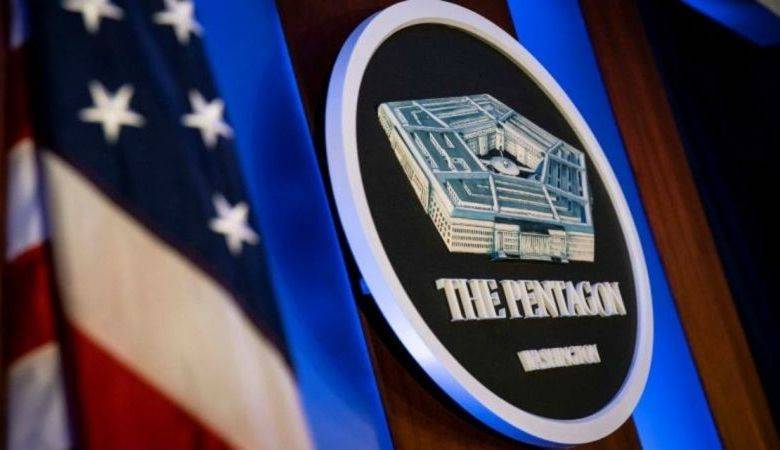A senior Pentagon official stated in remarks to Al Arabiya and Al Hadath channels that the withdrawal of eight Patriot batteries from some Middle Eastern countries will take place in the summer, and this decision was made in coordination with the host countries. Navy Commander Jessie McNulty commented on a Wall Street Journal report, stating, "The United States maintains high capabilities in the region that match the scale of threats and changes, and the withdrawal of some capabilities will not affect the security interests of the United States." She noted that the remaining military forces possess high capabilities, whether at sea, in the air, or on land, along with security and intelligence cooperation with regional countries. The U.S. military has tens of thousands of forces in the region, in addition to advanced air and naval capabilities to defend U.S. interests and those of regional partners.
Following its announcement to withdraw troops from Afghanistan, U.S. officials stated that the Biden administration has sharply reduced the number of U.S. missile defense systems in the Middle East in a major reorganization of its military presence there, as the armed forces focus on challenges posed by China and Russia. The Pentagon will withdraw nearly eight Patriot missile batteries from countries including Iraq, Kuwait, Jordan, and Saudi Arabia, according to U.S. officials in statements to the Wall Street Journal. The withdrawal process will include the redeployment of hundreds of soldiers who are members of the units operating or supporting those systems. This move comes as the U.S. military plans complete withdrawal from Afghanistan by this summer and after the U.S. reduced its forces in Iraq by half, or 2,500 soldiers, last fall, believing that Iraqi forces can secure the country.
The decision to remove some defense systems reflects the Pentagon's view that the risk of escalating hostilities between the U.S. and Iran has diminished as the Biden administration continues nuclear talks with Tehran and indicated its intent to ease sanctions if the 2015 nuclear deal is restored. However, Iran-backed militias equipped with drones still pose a threat to U.S. and coalition forces in Iraq and have been accused of a series of drone attacks in recent weeks in Baghdad, northern Iraq, and the Middle East. More than 100 attacks on Saudi Arabia have also taken place this year by these militias.
Nevertheless, systems like Patriot do not protect against drone attacks but are seen as helping to safeguard U.S. forces from the persistent threat of ballistic missiles. A senior defense official stated that the equipment withdrawal signifies a shift back to a more traditional defense posture in the region.
**Maximum Pressure Campaign Against Iran**
During former President Donald Trump's administration, the U.S. actively deployed defensive systems along with troops, fighter jet squadrons, and warships to support its maximum pressure campaign against Iran. Officials stated that these systems did not deter Iran or its proxies from destabilizing actions. Additionally, they noted that Saudi Arabia has also improved its defensive capabilities, successfully intercepting most missile attacks independently. Furthermore, U.S. missile defense systems have been heavily utilized in recent years and need to be returned to the United States for maintenance and upgrades, officials said.
**We Still Have Bases in Our Gulf Partner Countries**
One defense official stated, "We still maintain tens of thousands of troops in the region, and we still have forces in Iraq and Syria, and these forces will not leave." The official added, "We still have bases in our Gulf partner countries, and they have not been closed; there is still a significant presence and a substantial defensive posture in the region." A White House official mentioned that some personnel and equipment from Afghanistan are being relocated to the Middle East to respond to certain threats in the region.
Next month, the long-awaited results of the Biden administration's review of its military posture are due to be announced, but the Pentagon is already repositioning assets to reinforce its focus on countering China and Russia. However, the Patriot systems, which have seen high demand for years, are not necessarily being transferred to the Indo-Pacific region; returning them to the U.S. for maintenance and freeing up personnel operating and guarding them allows the military to increase its focus elsewhere. Officials stated that Russia and China, which are expanding their military and economic influence in the Middle East, may view the withdrawal as an opportunity to further their objectives. A defense official concluded, "Yes, Russia and China will try to take advantage of adjustments in posture to send a message that the U.S. cannot be relied upon. The truth is that neither will replace the U.S. and what we provide."




